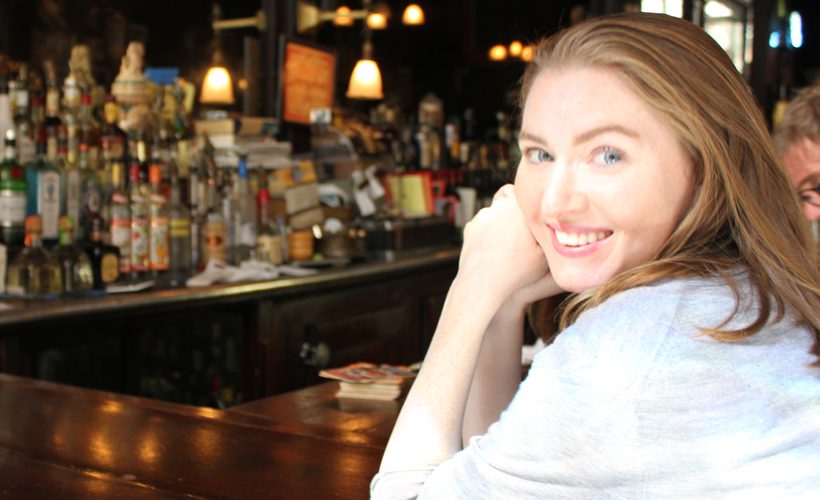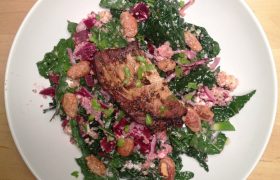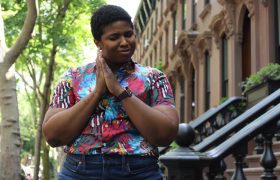In a study emerging from the Wharton School of Business, scientists have decisively confirmed that the unbridled joy of spending $15 on lunch does, in fact, outweigh the devastating financial consequences.
“When we evaluate any economic decision, it’s about weighing the benefits against the costs,” said Professor Bernard Matheson, citing the type of complex phrase you only learn from the best business school in the world. “When it comes to lunch, the benefits aren’t just monetary. Our world-renowned, prize-winning economists have determined buying lunch is actually super fun and everyone should do it more.”
The study confirmed that individuals who bring a sad little lunch from home, like a PB&J or some cooked vegetables, do save $15 in the process, but what they lose is much harder to quantify.
“We noticed a certain light leaving their eyes,” Professor Matheson continued. “They were more likely to cry on the bus home, write ‘thinking about ending it all’ in their journal, and spend too long staring at their own face in the mirror.”
Meanwhile, members of the experimental group who did buy lunch statistically had a “pretty sick day.” They were more likely to skip down the street and also get promoted for bringing a great attitude to the workplace.
“Sure, there was a slight difference in levels of joy between people who bought tasty lunches versus people who bought lunches that turned out to be yucky,” said lead researcher Maddy Corbett. “But there was a much larger difference between the buyers and the bringers – sorry, the ‘losers,’ if you will.”
This is not to say that buying lunch comes without its costs.
“I would say that every time I buy lunch, I do run the risk of bankruptcy,” said working woman Katherine Hyun. “But it’s a risk I am simply willing to take. Life is for the living.”
The study confirms that spending $15 on lunch every day is sort of the equivalent of investing in an index fund, except the money immediately disappears with disastrous consequences.
“Sure, lunch carries its own devastating financial cost and is the single largest contributor to our nation’s plight of credit card debt,” Professor Matheson continued. “But what most economists fail to factor in is that buying lunch has fantastic vibes.”
At press time, researchers confirmed that if someone ever has the choice to bring lunch or take out a second mortgage and buy lunch, they should obviously go with the latter.
The study finished with a rousing call to action: “House is temporary. Lunch is also temporary. But won’t it be tasty?”




